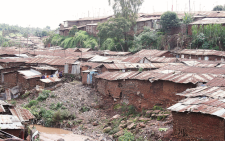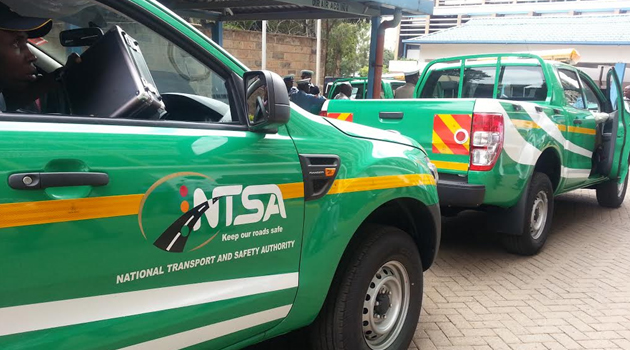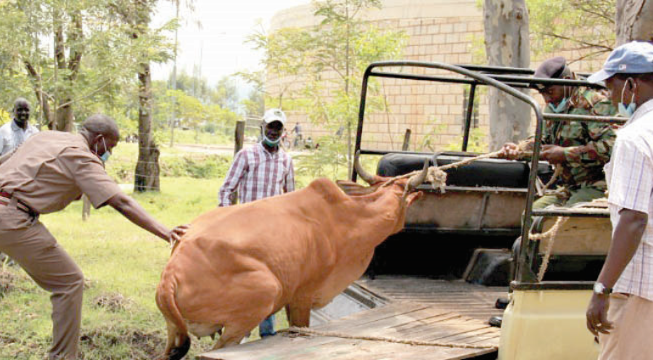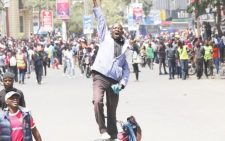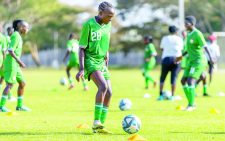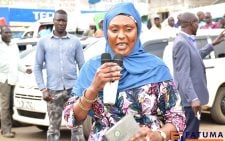Forgotten pandemic takes toll on patients

As Kenya adopts aggressive measures to control the spread of the devastating coronavirus pandemic, a dark cloud still hangs around those living with HIV/Aids in Mombasa.
Since the Covid-19 pandemic outbreak in March, government strategies to counter the pandemic are beginning to pay off, but for those living with HIV/Aids in Mombasa there is a gnawing fear that they have been forgotten.
Renson Shikanga, 58, lost his job as a cashier in a primary school in Mikindani area seven months ago and has been struggling to get a balanced diet to boost his compromised immunity.
Shikanga who has lived with HIV/Aids for over 30 years has been struggling to raise his two children singlehandedly after his wife left him after he revealed his status.
“It took me about 15 years to start taking anti-retroviral drugs, but finally I decided to make a decision to visit a health centre.
I was encouraged when the nurses gave me a lot of hope. The stigma that comes with the disease and my wife abandoning me at the time of need was the biggest blow of my life,” Shikanga adds.
Miss dosage
Shikanga has also been working with a local non-governmental organisation to educate people on the HIV/Aids in Mikindani, but since the outbreak of Covid, things have been difficult.
“Since Covid-19 struck, some of my clients told me they are afraid of visiting hospital for fear of contracting disease, others have stopped taking anti-retroviral medicines because of the shortages, this is a serious concern, worst of all, many have no food,” he says.
Shikanga is also facing his own struggles and is forced to skip meals, which is not advisable for someone on ARVs.
“I have to take medication every morning at 8am, meaning I’m supposed to take a healthy diet, but that is not usually the case.
You cannot take these drugs when you haven’t eaten, thus sometimes I’m forced to miss my dosage for one or two days,” he said.
“Currently I don’t have a job, the little I get from well wishers, I use to buy food for my children and for transport to visit HIV positive people I am counselling.
My appeal to authorities and non-governmental organisations in Mombasa is to consider community health volunteers,” Shikanga added.
Another HIV/Aids patient Bridgit Olesi, said drugs she was prescribed such as pyridoxine and Septrin are not accessible in clinics and this has taken a toll on her health, a situation that is further compounded by a poor diet.
The Mother of two who has lived with the disease for 13 years is now appealing to the government to ensure a steady supply of the drugs to the vulnerable population to cushion them, especially during this Covid-19 period.
“We are having the challenge of missing ARVs in most health centres in Mombasa, for the last three months. Many of us are now forced to skip doses because it’s not accessible,”said Olesi.
This puts her at greater risk of contracting coronavirus. In Mombasa, there are at least 61,621 persons living with HIV.
According to the county government data, only 43,240 are under the antiretroviral drugs, which mean they are also at a risk of contracting Covid.
Experts, however, say that people on effective ARV regime and following the right health directives against coronavirus, are not at an increased risk.
Mombasa County director, public health Salma Swaleh said HIV/Aids the prevalence rate in Mombasa is at 6.5 percent with women leading by eight per cent overall prevalence rate this year.
Proper diet
“The population under drugs forms only 74 per cent of the population living with HIV, this means that many people are yet to accept their situation and this risks the other population,” said Salma Swale Director Health Mombasa County.
According to Swaleh in the last one year, about 1,110 deaths related to HIV/Aids have been reported in Mombasa alone.
The number of minors below 14 years with HIV/Aids in Mombasa stands at 3, 223, out of which only 72 per cent are on ARVs.
Swaleh said most of the poor HIV patients are struggling and cannot access a proper diet because of the strain the Covid-19 pandemic has put on Kenyans.
Officials drawn from Dream Achievers Youth Organisation (DAYO) and Aids Healthcare Foundation (AHF) are concerned that HIV/Aids patients are at risk during this Covid-19 period due to poor diet.
The food distribution programme targeting about 300 HIV victims by both the county government and non-governmental organisations has since stopped.
Joseph Wachira, AHF Coast regional prevention programme coordinator said it’s important that the young people living with HIV are heard, in order to support them with interventions that cushion them from the impact of Covid-19. Aids in the country.

